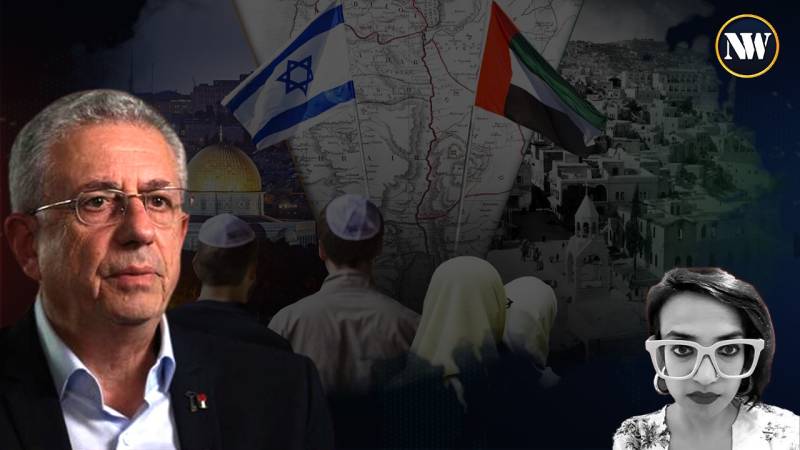As NWG continues its coverage of the ongoing Palestine story, which encompasses the recent International Court of Justice (ICJ) preliminary ruling in the case of South Africa versus Israel, commonly known as the genocide case, host Rabia Mehmood interacts with Dr. Mustafa Barghouti to delve deeper into the implications of this ruling.
The ruling, which came on a Friday, has stirred mixed reactions globally, and its implications are far-reaching. In this article, we delve into the key aspects of the ICJ's decision, the suspension of aid to UNRWA by the United States, Canada, the UK, and others, and the broader international response to the Palestinian cause.
The ICJ's preliminary ruling on the case has been both applauded and criticized, reflecting the complex nature of the Palestine-Israel conflict. The ruling calls for provisional measures and the cessation of hostilities, prompting some to label it a de facto ceasefire. In a previous segment with Dr. Francis Boyle, an expert on the matter, he emphasized the historic significance of the decision, despite the absence of an explicit ceasefire order. The ruling holds Israel accountable for potential genocide and demands access to humanitarian aid to alleviate the dire situation in Gaza.
In a shocking move, the United States, Canada, the UK, and others have suspended aid to the United Nations Relief and Works Agency for Palestine Refugees in the Near East (UNRWA). This decision has been widely criticized as a shameful act, punishing the victim—the Palestinian people—instead of holding Israel accountable for its alleged crimes. Dr. Mustafa Barghouti, Secretary-General of the Palestinian National Initiative, expressed deep concern over the suspension, highlighting its impact on vital humanitarian aid reaching Palestinians in Gaza.
The international response to the ICJ's ruling and the aid suspension has been varied. South Africa and several other countries have expressed support for the case against Israel. Pakistan, in particular, has welcomed the ICJ's hearing, emphasizing that a ceasefire is essential for the implementation of court orders. However, the absence of immediate and explicit demands for a ceasefire has led to disappointment among Palestinians and their supporters.
Dr. Barghouti condemned the aid suspension as a shameful act, criticizing the focus on punishing UNRWA rather than addressing Israel's actions. He highlighted the ICJ ruling as a historic development, holding Israel accountable on the international stage for the first time in 75 years.
Dr. Barghouti also shed light on the challenging conditions in the West Bank, where over 300 Palestinians have been killed and more than 4,000 injured. The region is witnessing increased settler violence, arbitrary arrests, and a systematic reoccupation by the Israeli military. He emphasized the urgent need for solidarity and global support to counter Israel's oppressive actions.
Despite efforts to suppress information and restrict foreign journalists' access to Gaza, a global movement in support of Palestine has gained momentum. Dr. Barghouti acknowledged the unprecedented shift in public perception, with people worldwide expressing solidarity through protests and alternative communication channels. This global revolution against Israeli oppression signifies a renewed focus on the Palestinian cause, contrary to the intended consequences of normalization efforts.
As the world grapples with the complexities of the Palestine-Israel conflict, Dr. Barghouti called for tangible actions, such as sanctions, boycotts, and divestment, to pressure Israel into accountability. The international community's response to the ICJ's ruling will likely shape the trajectory of future diplomatic efforts.
Dr. Barghouti reiterated the Palestinians' determination to continue their struggle for freedom, emphasizing that global solidarity is crucial in challenging the ongoing injustices. As the world watches developments unfold, the call for solidarity remains a beacon of hope for those seeking an end to the protracted conflict.

